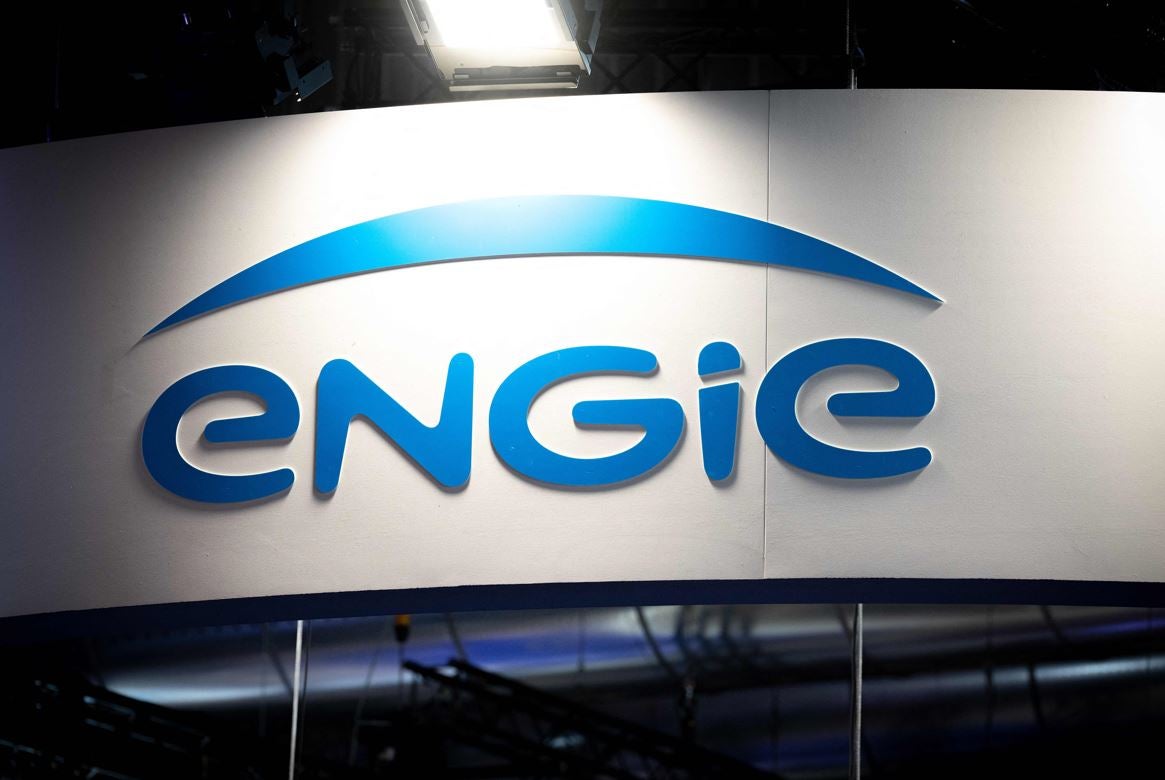
The Belgian Government has struck a deal with French power multinational Engie to extend the use of its nuclear power in the country.
In January 2022, the outlook was that Belgium would complete the total phase-out of nuclear operations by 2025. Engie manages the 1,039MW Doel 4 reactor in East Flanders and the 1,038MW Tihange 3 reactor in Liege, both of which were set to cease operations by 2025. Instead, this latest deal codifies a commitment from both parties to restart the nuclear units of both reactors by November 2026 at the earliest. A November 2025 restart date is also possible depending on the implementation of new laws relaxing nuclear regulations.
The two reactors have been in operation since 1985, and currently contribute to more than a third of Belgium’s nuclear capacity.
Catherine MacGregor, Engie CEO, said of the deal: “After several months of intense and constructive dialogue with the Belgian Government, we are pleased with the signing of this balanced agreement for both parties.”
MacGregor continued: “[The deal] provides Engie with the necessary visibility on the total amount related to nuclear waste management and significantly reduces the risks linked to the extension of the two units. This is a new fundamental step towards the extension of Doel 4 and Tihange 3, for which Engie is fully and responsibly committed.”
Engie and the Belgian Government will now collaborate on an equal partnership joint venture to manage the two reactors. The deal also saw the pair agree on a fixed future amount for the costs of nuclear waste treatment. This will come in the form of €15bn ($16.3bn) paid across two instalments.
While this will be paid by Engie, and the company will also contribute a €4.5bn one-time payment to the Belgian Government, all future costs for nuclear waste treatment will be levied on the Belgian Government and not Engie.
The deal is likely motivated by the need to secure energy for the future following the Russian invasion of Ukraine, which has cast clouds across energy supply outlooks in the region. While Belgium had initially planned to phase out nuclear from its energy mix, in March it delayed those plans to March 2035 following the invasion.



